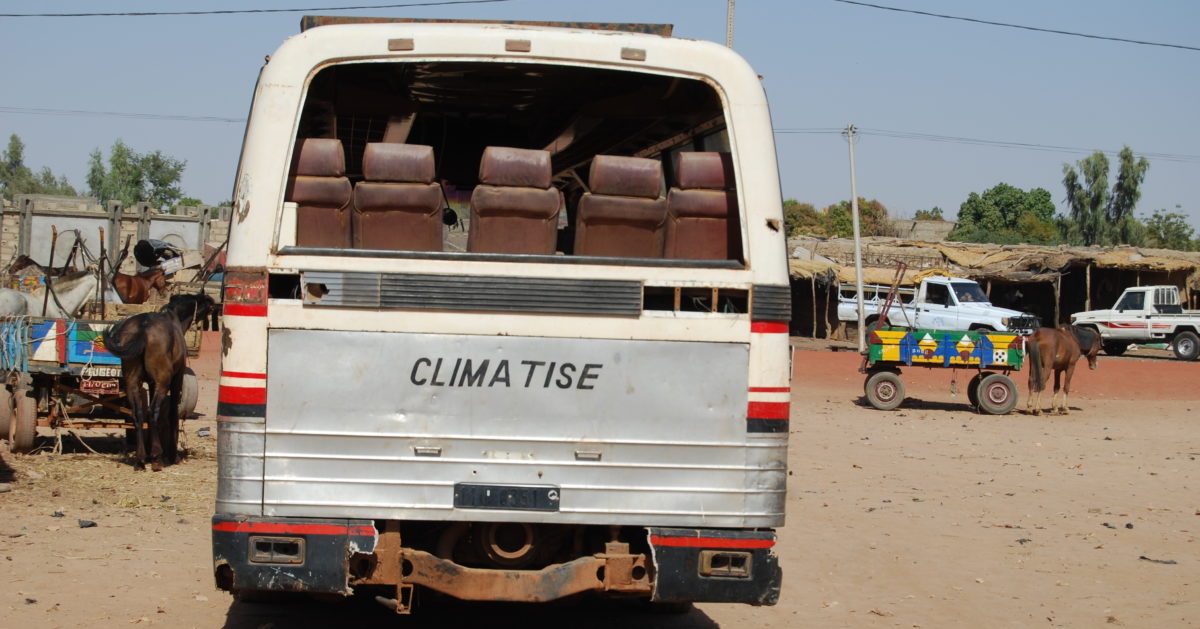Cleaning massive amounts of water with chlorine from WhiteAfrican on Vimeo.
Suprio Das is part of the water-cleansing team with Killian Deku, Laura Stupin and Bernard Kiwia. Besides the ball-valve doser, they’ve also created a siphon mechanism chlorine filter. It, like all of the IDDS work, uses locally available materials.
This particular project attaches to a hand pump and can cleanse unlimited amounts of water. Best of all, it has no moving parts, so it is less likely to break or wear down over time. It works by dripping chlorine into the water when a certain water level is reached. Then, the water comes pouring out in batches.



The key to Pump Aid’s success has been the innovative and effective Elephant Pump. Pump Aid adapted a Chinese rope design using locally available materials ensuring its strength and sustainability.
The pump can lift water from as deep as 50m and produce 1 litre of water every second. The location of a well is determined by geological formations and vegetation growth with input made by the water diviners in the Pump Aid team.
Wells are dug by hand but Pump Aid teams may need to help to remove rocks and heavily impacted earth. Pump Aid never uses mechanical diggers because it would deprive someone a job and increase cost. In addition as we work in rural and remote locations it would be impossible to bring in machinery.
As the Pump handle is turned, water is drawn up by plastic washers attached to a rope. The Pumps are so easy to use that children as young as five years old can manage to pump out a bucket full of water.
The Elephant Pump is encased in concrete to prevent any contamination, ensuring that a clean sustainable supply of water is provided for the local community for many years to come.
When a Pump is built, beneficiaries receive a training workshop so that they can maintain the Pump using easy to find materials such as plant fibres. Often nutrition gardens are set up alongside the Elephant Pump making use of the overflow of water. These nutrition gardens can be used to grow vegetables so the people can enjoy a healthy diet and grow enough produce to sell at local markets; key elements to helping individuals and communities to break the cycle of poverty. Agricultural training is given when planting the nutrition gardens, ensuring the gardens are maintained by the communities themselves.
Over 5,000 Elephant Pumps have been built across Zimbabwe, Malawi and Liberia giving clean, accessible water to over 1.3 million people.
An Elephant Pump costs £500 for materials and to install, which is cheaper than a metal piston pump. Our Elephant Pumps cost a tenth of what other pumps can cost and are just as effective.
Currently around 80 Elephant Pumps are built each month, which result in 20,000 additional people benefiting from access to clean water.
If an Elephant Pump is installed at a school, then it will provide clean water for around 500 children and their teachers as well as up to a dozen families living near-by. Not only does this have the obvious health benefits but also encourages children to come to school!
Pump Aid has been chosen as the UK NGO partner to Live Earth 2010. On April 18th 2010 Live Earth returns, turning its attention and significant influence onto the global water challenge. The Live Earth Run for Water global events on 18th April 2010 will be the single biggest fundraising effort for water causes in history. Nearly 1 billion people across the world do not have access to clean water impacting on poverty and increasing disease – around 4,000 children die every day from dirty water. More than 100 countries across the globe will participate in raising money for water causes by staging 6 kilometer run/walk events. London and Manchester will be hosting the UK events with all the funds raised going straight to Pump Aid projects.
£500 is all it takes to build an Elephant Pump which can give 250 people a continuous supply of clean and disease-free water for life. Our goal is to get at least 14,000 people in the UK taking part in Run for Water. If everyone could raise £500 in sponsorship, Pump Aid could help 3.5 million more people – that’s the size of the population of Liberia.
The potential is massive so please get involved.